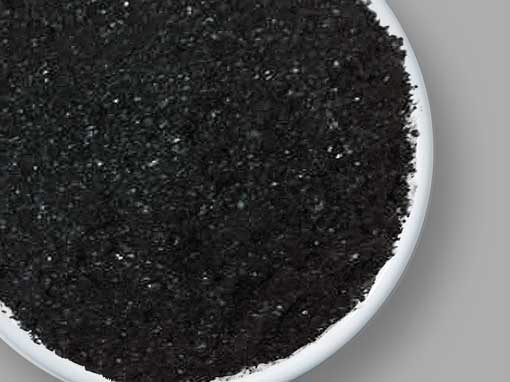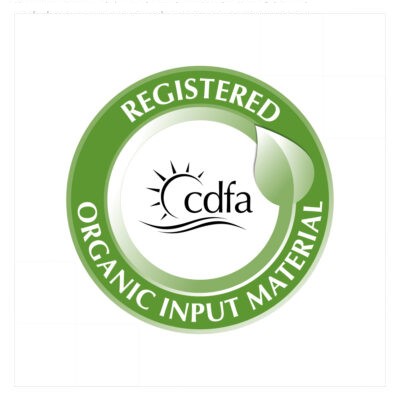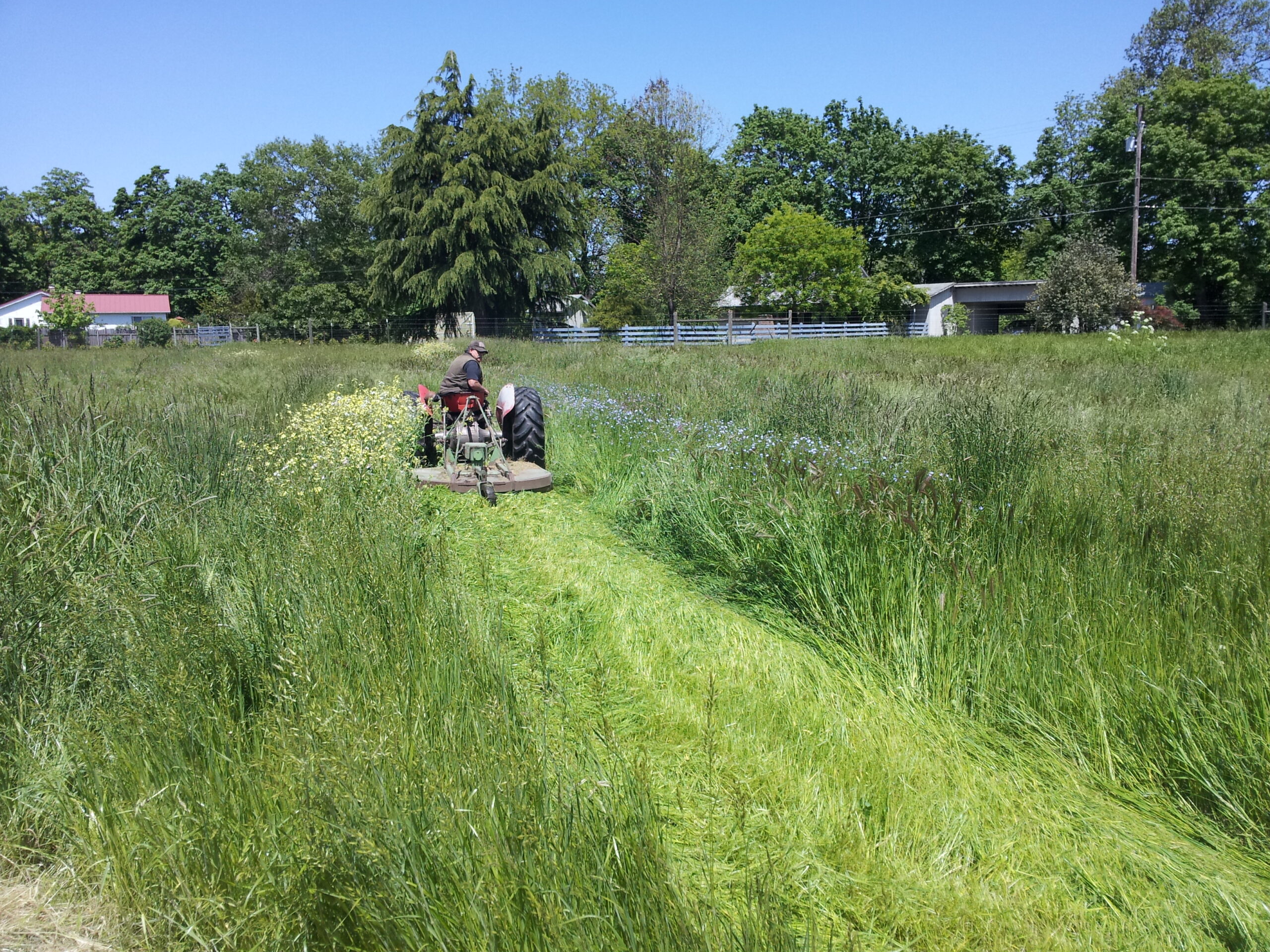Humic Acid Powder
Humic acid derived from leonardite is a popular organic amendment used in agriculture to improve soil quality and enhance plant growth. Leonardite is a type of oxidized lignite coal that is rich in humic substances, including humic and fulvic acids. These substances are valuable for their ability to improve soil structure, increase nutrient retention, promote microbial activity, and stimulate plant growth.
Here are some key points about using humic acid from leonardite in agriculture:Soil Structure Improvement: Humic acid helps to improve soil structure by increasing its ability to hold water and nutrients. It helps to prevent soil compaction and aids in the formation of stable aggregates, creating a more porous and well-draining soil environment.
Nutrient Retention: Humic acid has a high cation exchange capacity (CEC), which means it can hold onto and exchange positively charged ions, such as essential nutrients like potassium, calcium, and magnesium. This helps to prevent nutrient leaching and makes these nutrients more available to plants over time.
pH Regulation: Humic acid can act as a buffer, helping to stabilize soil pH. It can both increase pH in acidic soils and lower pH in alkaline soils, bringing the pH closer to the optimal range for plant growth.
Chelation: Humic acid forms complexes with micronutrients, making them more available to plants. This chelation process prevents micronutrients from becoming chemically unavailable or prone to reactions that render them inaccessible to plants.
Microbial Activity: Humic substances provide a food source and habitat for beneficial soil microorganisms. These microorganisms contribute to nutrient cycling, organic matter decomposition, and disease suppression, ultimately enhancing overall soil health.
Plant Growth Stimulation: Humic acid promotes root growth and increases the plant’s ability to absorb nutrients from the soil. This can lead to improved plant vigor, increased yield, and better resistance to stressors such as drought and disease.
Fulvic Acid Benefits: Fulvic acid, another component of leonardite, is a smaller molecule derived from humic substances. It is more soluble and mobile in the soil, making it easily absorbed by plant roots. Fulvic acid enhances nutrient uptake and helps to transport nutrients into plant tissues.
Application: Humic acid from leonardite is typically applied to the soil through methods such as broadcasting, incorporation into the soil during planting, or as part of irrigation systems. It can also be mixed with fertilizers and other soil amendments.
Organic Farming: Because humic acid is of natural origin and contributes to soil health and fertility, it is often favored in organic farming practices as a way to improve soil without relying heavily on synthetic chemicals.
It’s important to note that while humic acid from leonardite can provide numerous benefits to soil and plant health, its effectiveness can vary based on factors such as soil type, climate, crop type, and application rates. It’s recommended to conduct soil tests and consult with agricultural experts to determine the appropriate dosage and application strategy for your specific needs.

Packaging: 50 lb. bags or Bulk bags
Pallet: 2500 lbs., 1/2 pallet 1,250 lbs.
Volume Pricing and Global Shipping Available


